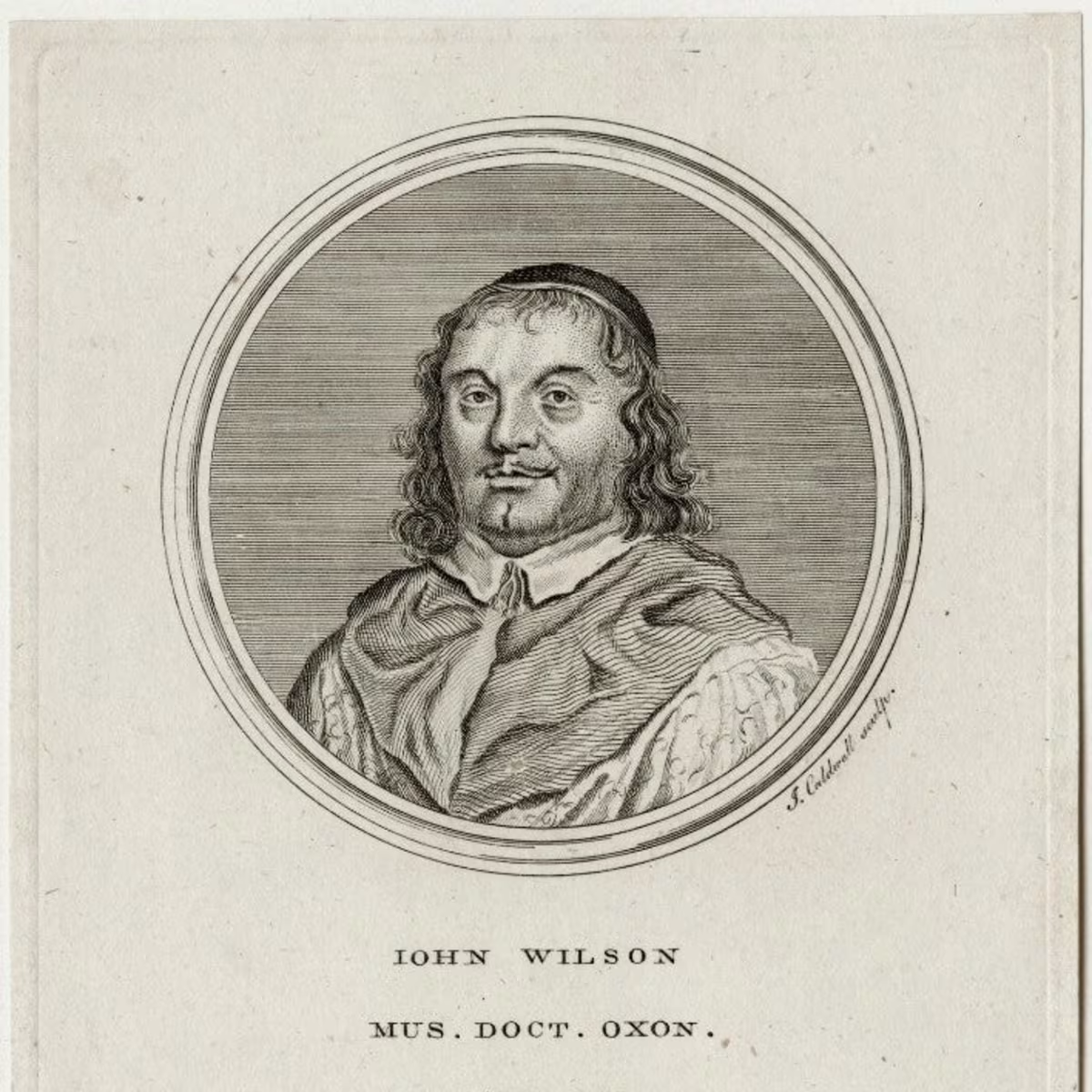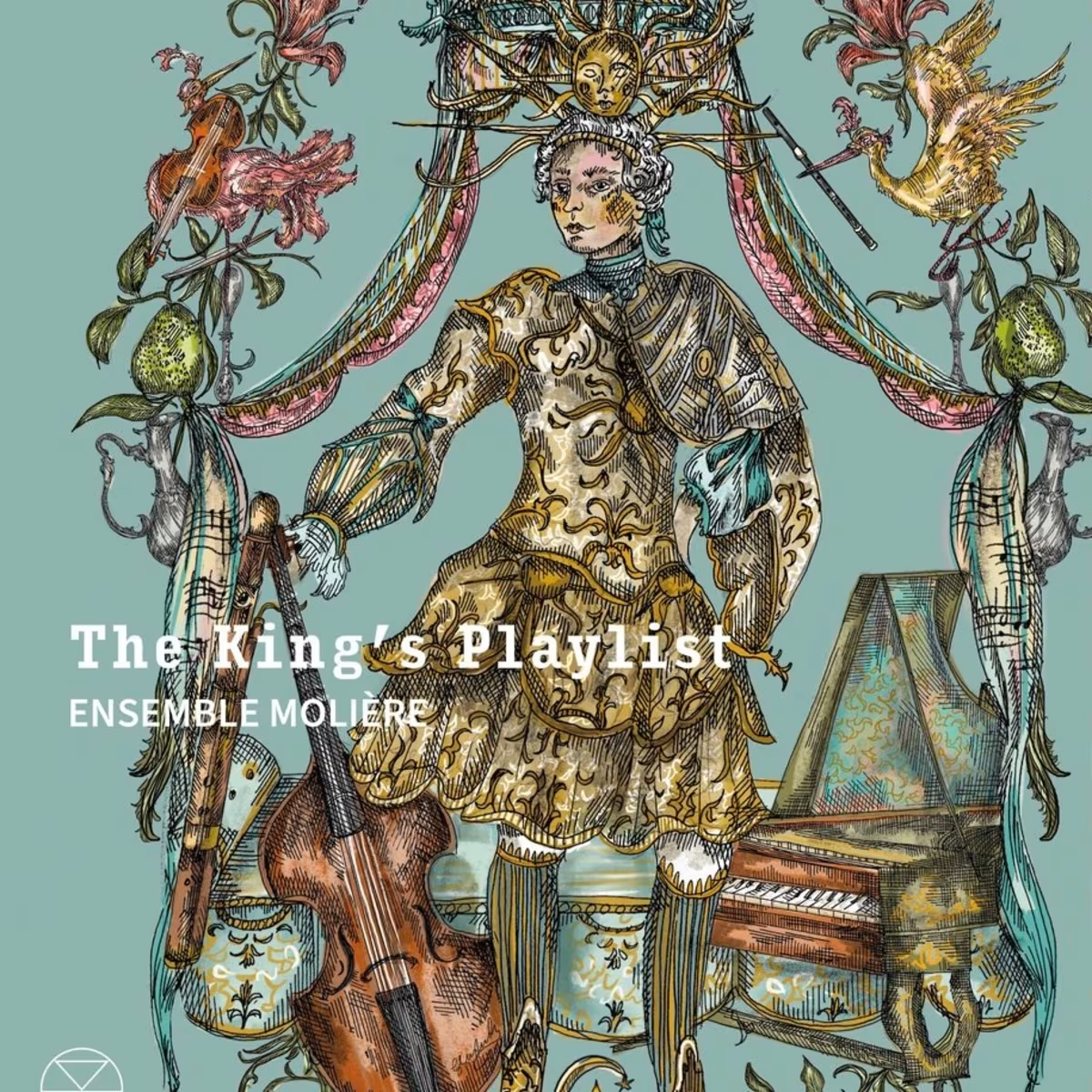Feature
Donald Macleod: Every Composer's Kindest Chronicler
Share this

There are few more reassuring and comforting voices on radio than that of Donald Macleod as his soft Scottish lilt guides listeners through the lives of composers for an hour, Monday to Friday, on BBC Radio 3. Composer of the Week is one of the longest-running series on radio anywhere; it has been on air with only minor gaps since August 1943 when, as This Week's Composer, it was broadcast on the then BBC Home Service. The various services of BBC Radio evolved over the following twenty years into The Light Programme, The Third Programme, etc, until settling down into the basic format of Radio 1, 2, 3 and 4, with 5 joining in the 1990s and a further set of numbers being added this century as digital radio became the standard.
While the programme itself has been ever-present, it has migrated through the day and has lengthened from an original twenty-five minute breakfast slot at 7:30am to a full hour now. On Radio 3 it became a rather later 9am breakfast accompaniment until 1995, when it changed to the current name (I realise both my age and how little one pays attention that I have always thought of it by its old title) and moved to the pre-lunch midday slot. There it remained until April last year, when the new Controller, Sam Jackson, re-jigged the schedules and pushed the composers into the tea-time position at 4pm.
“I've been presenting it since the end of the Proms in 1999, so last year was my twenty-fifth anniversary,” muses Donald, and the number of individual programmes he has introduced in that time is well over five thousand. “No one is more astonished than me that I'm still here.”

In fact, Donald has been at the BBC all his career. He joined after studying Psychology at St Andrews University, working first in the Drama Sound Effects department and then, from 1982, presenting both on Radio 3 and reporting for BBC TV's 60 Minutes programme. Ten years later he was Radio 3's Head of Presentation, taking charge of his fellow announcers, as presenters were then styled, and was given the task of expanding the station's output throughout the night – before 1996 it had shut down by midnight.
These days the production base for Composer of the Week is at BBC Cymru in Cardiff but the actual recording takes place in Broadcasting House in London's Studio 8a – the same studio used for the live drivetime show, In Tune. It is much bigger than most of the studios, “which means we have a piano and can bring musicians in to record especially if we want to”. Donald makes 30 weeks of new programmes each year. It used to be more, but since 2023 he has shared the duties with Kate Molleson.
That is still a hefty commitment. Each set of five hours takes a great deal of research, ploughing through biographies and academic papers. It is a process not helped by the fact that the BBC first mothballed its libraries in Perivale, on the western outskirts of London, then sold them off. “Luckily our producers managed to rescue many of the music books.” He illustrates the point by holding up my very old biography of Elgar, the composer he was working on when we talked. “One of the enjoyable things is that the library books have a list of those who have taken them out through the years.”
He admits he has to read, “some very dull stuff to get to the script. Some of the writing is abysmal.” I'm not entirely sure he was not referring to me when he said, “there's lot of really bad writing about music in book form and remarkably little that is up to date.” The scripting takes him four days usually, ready to record on a Monday.
Early Music has been a strong interest for Donald from the 1970s. “I started through listening to David Munrow's recordings of Praetorius. The miracle of my lifetime has been the expansion of recorded music, the amount not only recorded but available at a price we can afford, compared to the expensive LPs of our youth. The sheer range of material available is extraordinary. A few areas have become mainstream that never were – like Handel opera. There's scarcely one that has now not been staged and recorded, however deeply obscure.”
“The Monteverdi Vespers is probably the work that means more to me than any other, especially some of the recent accounts, though I still go back to John Eliot Gardiner's first recording which is wonderful, even without all the scholarship that has been done since.” Of the new generation of baroque musicians, Donald says he loves, “their energy, freedom and lack of academicism. There is marvellous stuff coming out, reinventing the sound, not just scraping off the varnish – we're hearing the music with fresh ears.” In the context of Composer of the Week he thinks his greatest early music discovery was making the programme on the music of Élisabeth Jacquet de la Guerre.
There are fewer early composers covered than there used to be, purely because the range of the programme's remit has expanded to include more genres, like film music, jazz and many more contemporary composers. When it does pick an early composer, making the series throws up distinct challenges. Donald gives the week on Josquin des Prez as an example. “We are so limited in what we know and what we do have is mostly boring receipts and details of his employment. The producer that week came up with the idea of looking at the pictures of the period and we spent a fascinating time in The National Gallery with Andrew Graham-Dixon.”
Asked to look back and say which among the hundreds of programmes remain favourites, he shifts uneasily. “Oh Lord, I'm like an old repertory actor who forgets last week's lines. I record and move on to the next.”
by Simon Mundy
Discover all available episodes of BBC Radio 3's Composer of the Week programme on the BBC website.
Share this
Keep reading

Ashley Solomon and Florilegium
Ashley Solomon and Florilegium redefine early music with innovative performances, global collaborations, and a focus on mentoring young talent.

Angell’s Musick in Mortall’s Dresse
John Wilson, a prominent baroque composer, rose from humble beginnings to significant fame. Matthew Spring of ensemble Galliarda explores his enduring legacy.

Ensemble Molière - The King's Playlist
Ensemble Molière's debut album, ‘The King’s Playlist', reimagines a day in the life of one of the most magnificent royals of the baroque era.

